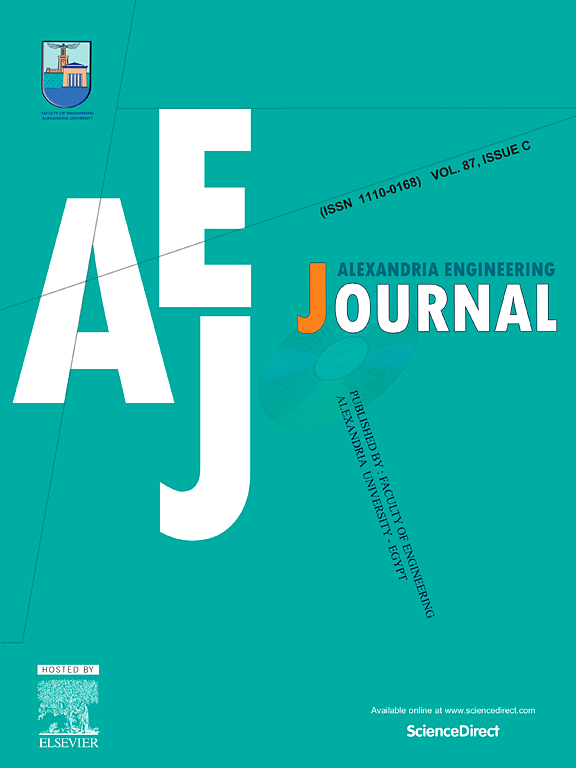改进ACGAN用于预测产后出血的多级数据增强
IF 6.8
2区 工程技术
Q1 ENGINEERING, MULTIDISCIPLINARY
引用次数: 0
摘要
原发性产后出血(PPH)数据集面临样本不足的挑战,生成对抗网络(gan)在解决PPH诊断中样本稀缺和不平衡方面显示出相当大的前景。然而,现有的GAN模型往往存在固有的缺陷,包括模态崩溃和梯度消失。为了克服这些限制,我们提出了一种创新的监督模型框架,基于改进的Wasserstein距离的多专家辅助分类器生成对抗网络(MWACGAN)。首先,巧妙集成独立的深度神经网络(DNN)分类器,增强识别和分类任务之间的协同作用。其次,利用带梯度惩罚约束的Wasserstein距离设计目标函数,提高新生成样本数据的质量和训练过程的稳定性;该方法已用于PPH患者的诊断。与现有的自适应合成采样(ADASYN)、传统的辅助分类器生成对抗网络(ACGAN)和条件生成对抗网络(CGAN)等算法相比,该方法可以更高效地生成高质量的PPH样本数据。为支持PPH患者深度学习驱动诊断模型的训练提供了有价值的工具,实现了良好的稳定性和高精度预测。本文章由计算机程序翻译,如有差异,请以英文原文为准。
Multi-class data augmentation for prediction of postpartum hemorrhage using improved ACGAN
The dataset of primary postpartum hemorrhage (PPH) faces the challenge of insufficient samples, and Generative Adversarial Networks (GANs) have shown considerable promise in addressing the scarcity and imbalance of samples in the diagnosis of PPH. However, existing GAN models often suffer from inherent defects, including mode collapse and gradient vanishing. To surmount these limitations, we propose an innovative supervised model framework, the Multi-Expert Auxiliary Classifier Generative Adversarial Network (MWACGAN), based on an improved Wasserstein distance. Firstly, an independent Deep Neural Network (DNN) classifier is ingeniously integrated to enhance the synergy between discrimination and classification tasks. Secondly, the objective function is designed using the Wasserstein distance with gradient penalty constraints to improve the quality of newly generated sample data and the stability of the training process. The proposed method is employed for the diagnosis of patients with PPH. In comparison to existing algorithms such as Adaptive Synthetic Sampling (ADASYN), traditional Auxiliary Classifier Generative Adversarial Network (ACGAN) and Conditional Generative Adversarial Network (CGAN), etc., this method can generate high-quality PPH sample data more efficiently. It serves as a valuable tool to support the training of deep learning-driven diagnostic models for PPH patients, achieving good stability and high-precision prediction.
求助全文
通过发布文献求助,成功后即可免费获取论文全文。
去求助
来源期刊

alexandria engineering journal
Engineering-General Engineering
CiteScore
11.20
自引率
4.40%
发文量
1015
审稿时长
43 days
期刊介绍:
Alexandria Engineering Journal is an international journal devoted to publishing high quality papers in the field of engineering and applied science. Alexandria Engineering Journal is cited in the Engineering Information Services (EIS) and the Chemical Abstracts (CA). The papers published in Alexandria Engineering Journal are grouped into five sections, according to the following classification:
• Mechanical, Production, Marine and Textile Engineering
• Electrical Engineering, Computer Science and Nuclear Engineering
• Civil and Architecture Engineering
• Chemical Engineering and Applied Sciences
• Environmental Engineering
 求助内容:
求助内容: 应助结果提醒方式:
应助结果提醒方式:


